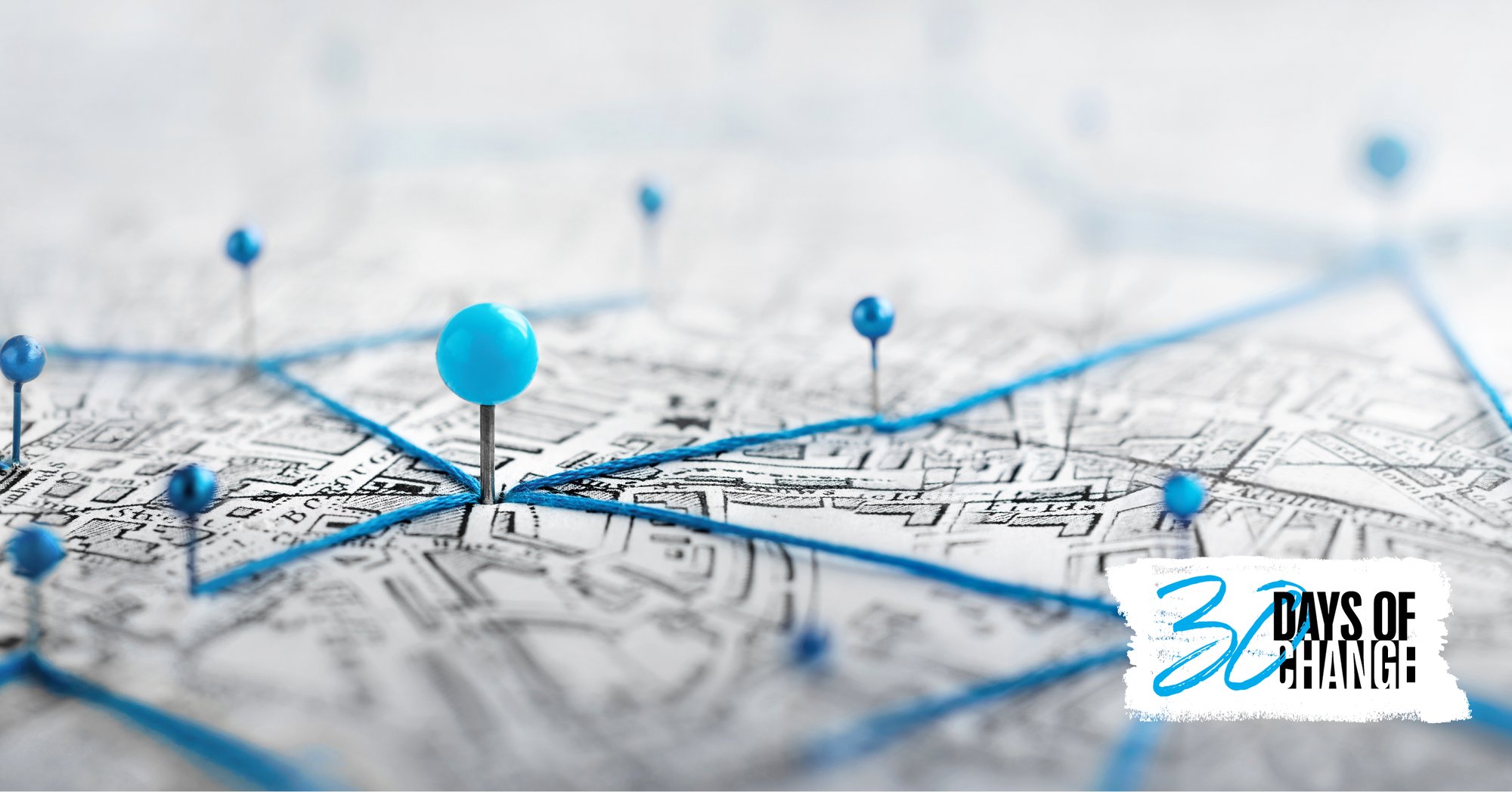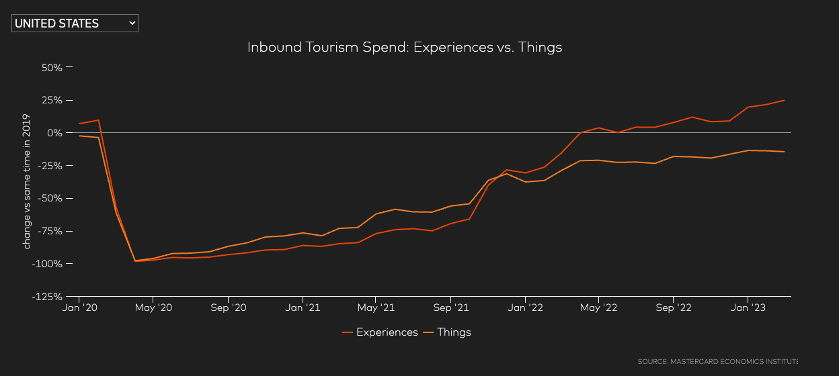
Travel – The Reawakening
Travel is officially back, and it’s thriving. The statistics speak for themselves.
As we embark on this new era of travel, it's clear that travelers are reshaping their habits to prioritize personal growth and global betterment, embodying a more conscious and responsible approach to exploring the world.
Let’s dive into three key behavioral shifts that have emerged and destination marketers that are transforming the future of travel.
1. Sustainability: Traveling with a Purpose
Tourism accounts for 10% of global emissions, a larger share than many categories. Sustainability is a growing concern, and travelers are making conscious choices to minimize environmental impact.
Research shows only 42% of global respondents identified themselves as “sustainable travelers” in 2016, and this has increased to 74% in 2023. It was reported at the end of 2022 that approximately 6 million Americans have actually stayed in sustainable accommodation in the past year, and 11.2 million plan to in 2023.
Destinations are making shifts as well – those ahead of the curve are shaping their products/services to encourage sustainable choices and meet consumer needs. For some, this looks like big shifts towards sustainability. Two US hotels, Populus in Denver and Hotel Westland in Seattle, are set to open in 2024 claiming to be the first carbon-negative hotels in the country.
For others, driving change looks like smaller table stakes offerings to consumers at each touchpoint of the consumer journey. Many destinations are now:• Discovery Phase – highlighting itineraries with green destinations
- Discovery Phase – highlighting itineraries with green destinations
- Pretravel Planning Phase – encouraging customers to download digital keys
- Trip Phase – using local organic food, reducing single-use plastics and providing options to reuse towels
- Post-travel – encouraging donations to sustainable causes
2. Experience: Seeking Memorable Adventures
There has been a key shift in behavior over the past few years as people prioritize personal growth and mental wellness. For the tourism industry, travelers are driving demand for unique and memorable experiences over things. According to Mastercard, spending on experiences is up 65% compared to 2019, while spending on “things” is only up 12%.

One example of the shift in experience can be found in the cruise industry. Cruise vacations were often associated with large ships, crowded ports and a focus on onboard amenities. Now, many cruise lines are rethinking how to provide a more intimate and purpose-driven experience.
Uncruise Adventures was ahead of the curve in this transformation towards a more intimate, immersive experience. This cruise is targeted directly at adventure travelers. Vessels are designed to carry 22-86 passengers and access remote, off-the-beaten-path destinations. Instead of the conventional cruise itineraries with passive sightseeing, guests have access to paddle boards, binoculars, hiking poles, snorkeling gear and more – even a kayak launch pad to explore at your leisure! This hands-on approach allows adventure enthusiasts to forge deeper connections with nature, culture and fellow travelers.
As travelers yearn for memorable adventures, cultural encounters and closer connections with the natural world, companies like Uncruise Adventures are leading the way, redefining what it means to embark on a cruise and embrace the essence of experiential travel in the modern era.
3. Accessibility: Travel for All
Accessibility is the standard, breaking down barriers for all travelers. One destination leading the charge is Panama City Beach, taking remarkable strides to break down barriers and make their destination accessible to everyone.
Panama City Beach extended an invitation to Cory Lee, a travel influencer, wheelchair user and the voice behind "Curb Free with Cory Lee." Cory Lee's visit served as a catalyst for positive change, shedding light on the importance of accessible travel experiences. His journey through Panama City Beach illustrated the destination's dedication to providing accessible amenities, including accessible beachfront areas, motorized beach wheelchairs and adaptive water sports options.
Panama City Beach has become a shining example of how accessibility is not just a trend but a powerful movement that fosters a more inclusive and welcoming world of travel for all.
In this age of reawakened travel, choices are defined more and more by personal values. We utilize this knowledge at VI and aim to connect with both the rational and emotional parts of our audiences to truly move the needle towards objectives. Empathy is key. By immersing ourselves in the perspectives of others, we walk alongside them, feeling the pulse of their desires and the weight of their concerns. This empathetic understanding forms the foundation of our strategies, enabling us to address real travel barriers, instill confidence, and kindle the spark of wanderlust. Through our marketing, we don't just showcase destinations; we create a tapestry of emotions, weaving tales of belonging, discovery and growth. Every image, every word, and every message is infused with the empathy to touch hearts, inspire action and transform mere travelers into lifelong enthusiasts.
Stay tuned for more during 30 Days of Change.








